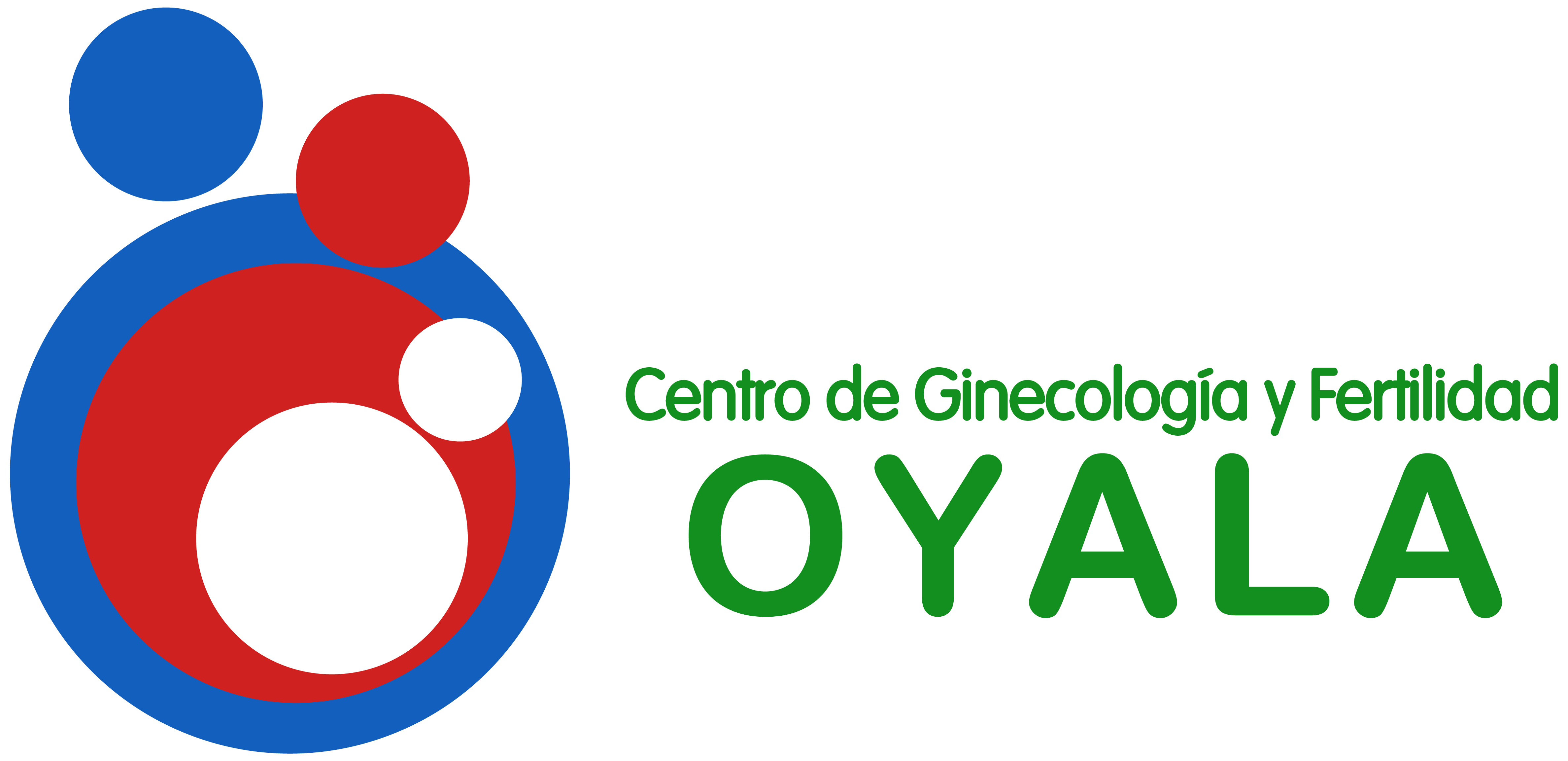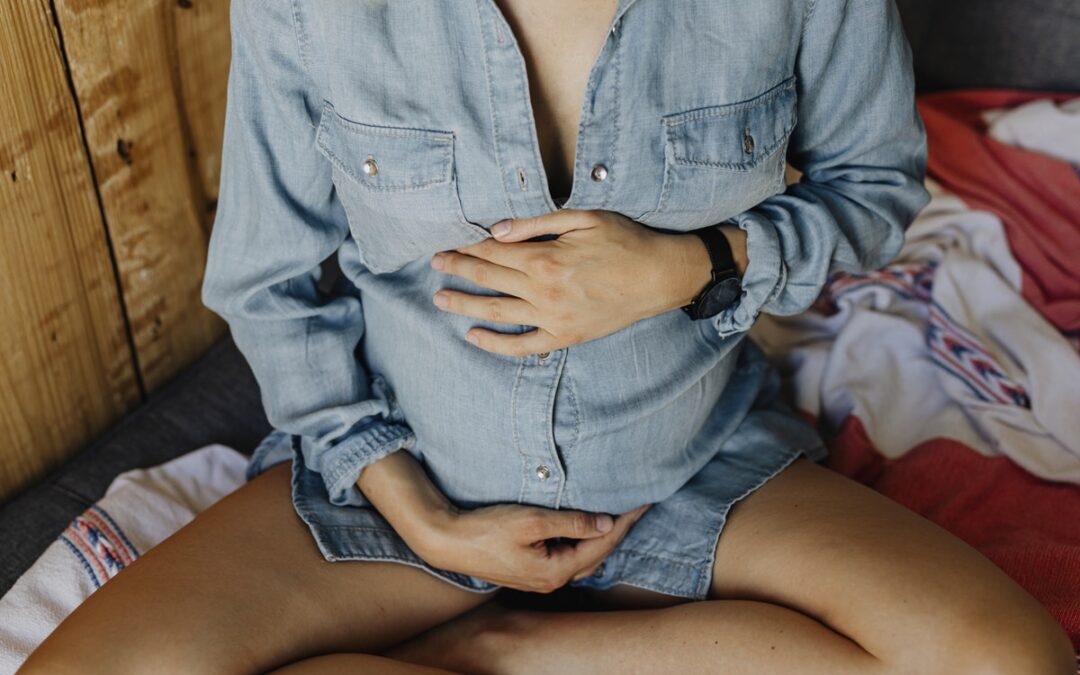The consequences of Covid-19 in pregnant women are still uncertain. In the absence of scientific evidence, The Lancet has published a management protocol for healthcare professionals. Currently, there is no scientific evidence to support the fact that pregnant or postpartum women have a higher risk than the rest of the population of presenting severe symptoms of Covid-19, or of suffering complications from it, or of compromising the fetus on coronavirus.
However, there is scientific evidence that the pregnant woman is at a stage in which immunological and physiological changes occur that can make the woman more susceptible to this type of viral infection or complications.
“There is no evidence to suggest an increased risk of abortion. In the case of infection in the third trimester there are some cases of premature delivery and some other complication. There is also no evidence that the virus can pass to the fetus while pregnant. Therefore, it is considered very unlikely that contracting the virus can cause abnormalities in the baby” says an official source.
Thus, The Lancet recommends that any pregnant woman who has traveled to a country affected by Covid-19 or who has had close contact with an infected person should undergo the SARS-CoV-2 nucleic acid amplification test (virus that causes Covid-19). This test should be performed even if the pregnant woman is asymptomatic.
Pregnant women who are asymptomatic should monitor themselves at home for the clinical features of Covid-19 for at least 14 days. These patients, they explain, “should be monitored with bi-monthly fetal growth ultrasound and Doppler evaluations because of the potential risk of intrauterine growth restriction.” On the other hand, pregnant women with Covid-19 pneumonia should be treated “by a multidisciplinary team in a healthcare center.”
In the most severe cases, when the possibility of sepsis or organ failure is detected, the patient should be transferred to an intensive care unit.
What should I do if I have symptoms and I am pregnant?
In the event that a pregnant woman suspects that she may be infected with coronavirus (presenting symptoms such as cough, fever or difficulty
breathing) or that she has been exposed to the virus, the Catalan administration considers it necessary to contact the healthcare team that supervises her pregnancy to inform them of the symptoms that she presents.
Decide the time of delivery
The document issued by The Lancet ensures that clinicians will have to choose the time of delivery, taking into account the week of gestation, maternal, fetal and delivery conditions. Whenever possible, they point out: “vaginal delivery should be favored by induction, with a possible instrumental delivery to avoid maternal exhaustion and unnecessary surgical complications in an already ill patient.” Rather, “septic shock, acute organ failure, or fetal distress should lead to an emergency cesarean delivery (or termination, if legal, of fetal viability).”
Postpartum protocol
Newborns of mothers infected with Covid-19 should be isolated for at least 14 days or until the virus disappears. During this time, experts do not recommend direct breastfeeding.
From the GFO and Grupo Arpa Médica we will accompany you throughout your pregnancy and in these complicated moments. In addition, through the Dr. Palomo Foundation we have started a solidarity campaign to offer our free obstetric consultation services to pregnant women with COVID-19 through our telemedicine service. see more
Follow us on our social networks and contact us.

